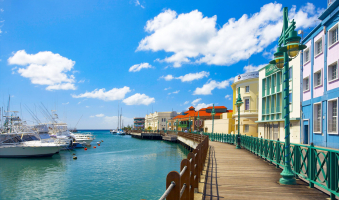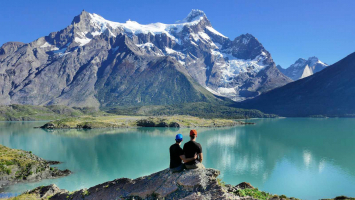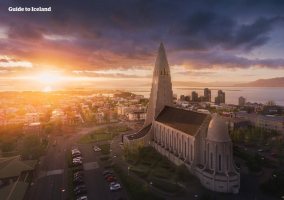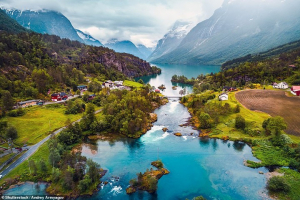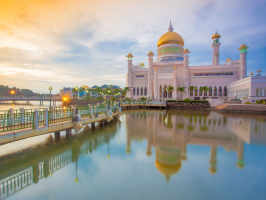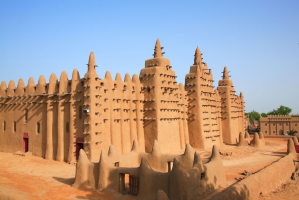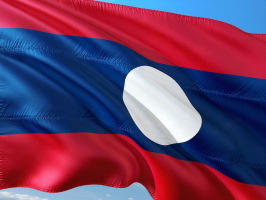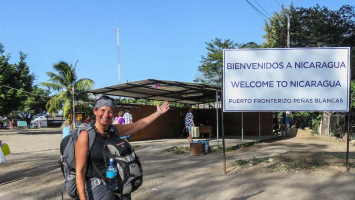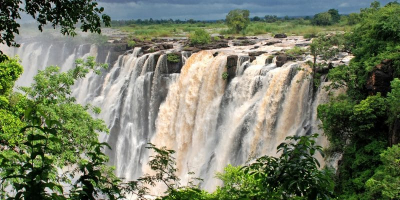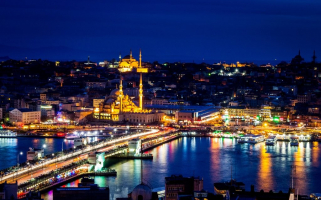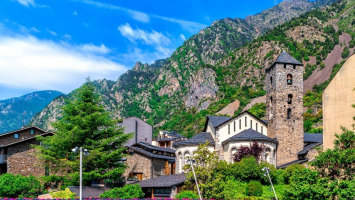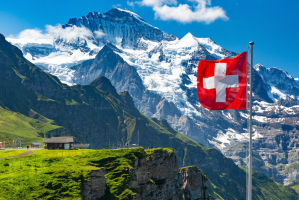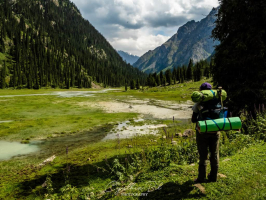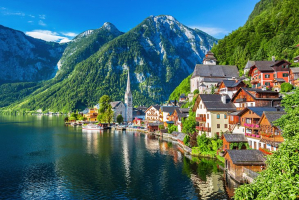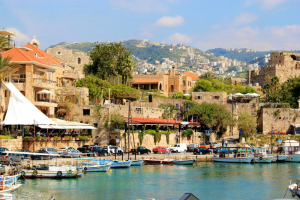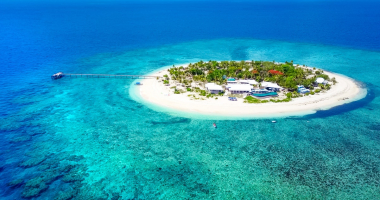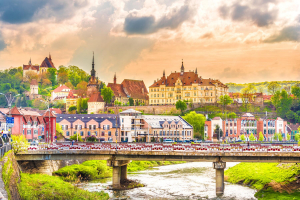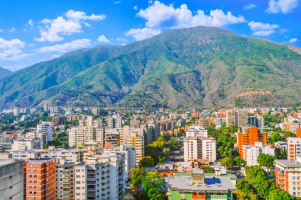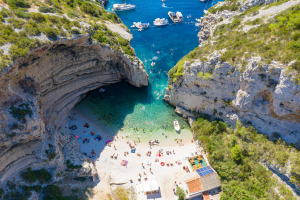Top 15 Things About Tunisia You Should Know
Tunisia, one of the most popular tourist destinations in North Africa, provides an incredible variety of experiences. Resort cities along the Mediterranean ... read more...coast, such as Hammamet, provide plenty of sun and sea, while the southern Sahara is home to stunning desert scenery, interesting Berber settlements, and abandoned Star Wars sets. The well-preserved ruins of El Jem and Carthage attest to Tunisia's Roman prestige, while Tunis provides all the cultural and gastronomic options you'd expect from a large metropolis. Here are some Things About Tunisia You Should Know before traveling.
-
Tunis was established atop an old city in about 814 BC. According to legend, Dido found herself on the coasts of North Africa after a sequence of bad occurrences (widowhood, refugee status, near destitution), where she sought a Berber monarch for some land as a shelter. He gratefully consented to sell only what could be contained by an oxhide, believing he was receiving a considerably better bargain. Dido formed the remarkably huge circumference of Carthage by cutting the hide into small strips and resewing them. It went on to become one of the most powerful empires in the Mediterranean, a hub of trade and conquest reaching from Morocco to Italy.
Long and deadly conflicts with neighboring empires occurred, as did the rise of legendary General Hannibal and military tactics that included marching elephants over the Alps (though the Battle of Carthage resulted in a decisive Roman victory and the end of Carthage). The remains of Carthage, now a suburb of Tunis, may still be seen, and the empire's historic harbour is very well preserved. The Bardo Museum in the city center houses some of the most spectacular works of art from this time.
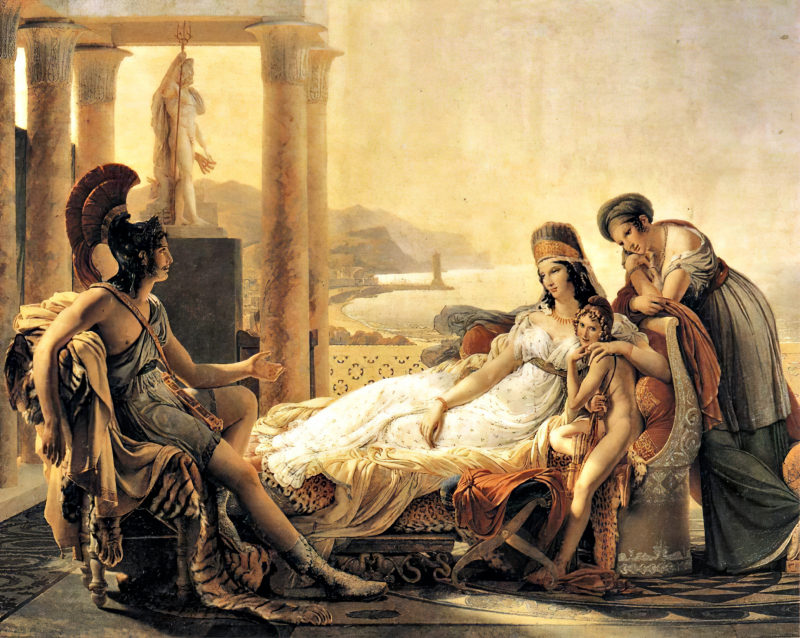
flickr.com 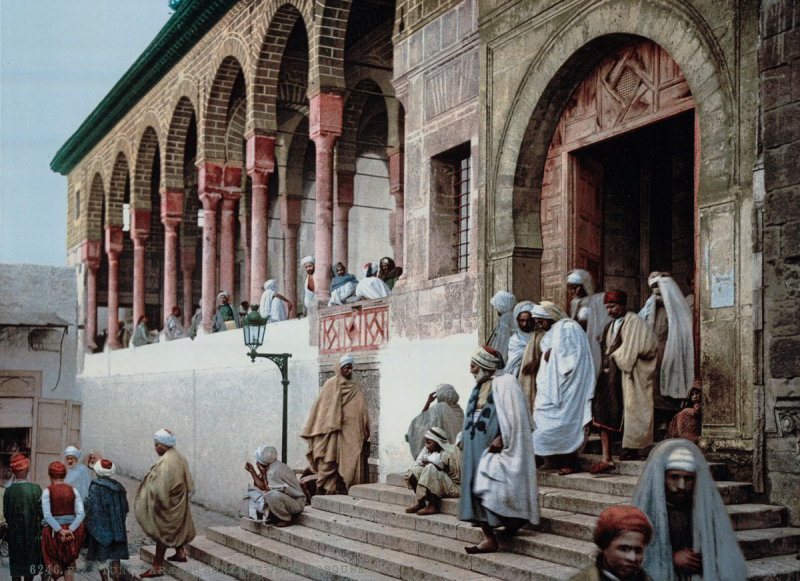
flickr.com -
While not immune to the region's escalating bloodshed, Tunisia has been mainly spared the horror that has erupted in neighboring Libya. However, recent ISIS-led terror attacks in Sousse and Tunis, both tourist destinations, have heightened tensions in the country. The government has responded by declaring a state of emergency and drafting a contentious anti-terrorist law, but Tunisia lacks the funds and resources to aggressively confront terrorism, the roots of which are entwined with economic marginalization and political oppression.
Despite the assaults, cafés continue to serve coffee, men continue to smoke sheesha, children continue to walk to school, and many have returned to sunning on the beach. The adage is true: life goes on. Despite warnings from the US and UK governments about the risk of another terrorist strike, Tunis is mostly safe. Take the same precautions you would take anywhere: stay aware of your surroundings, avoid walking alone at night, and avoid political protests.
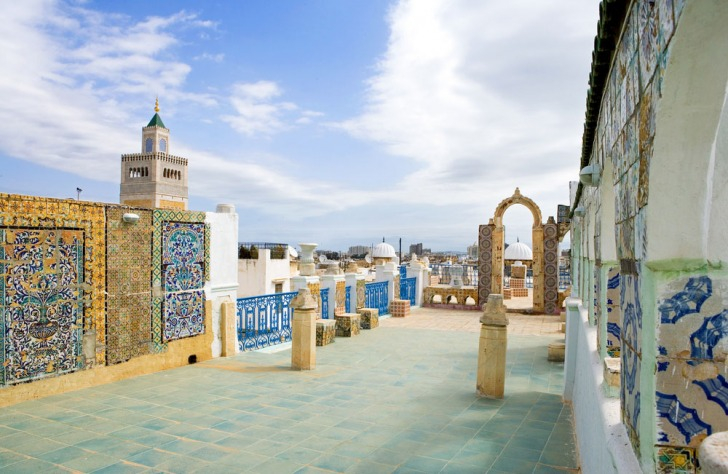
travelsafe-abroad.com 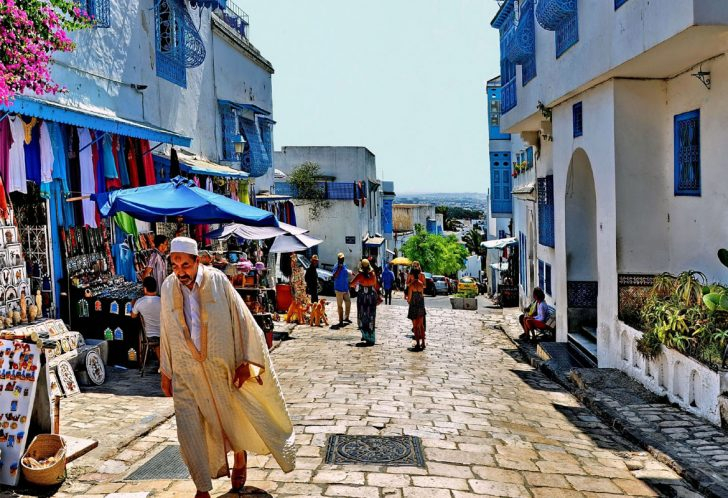
travelsafe-abroad.com -
Doolesha is an ancient Tunisian dialect phrase that basically translates to "leisurely strolling," and it's the only way to explore the old medina (city). Long before there was UNESCO, or any vehicle broader than a horse's flank, the Arabs came and erected the UNESCO World Heritage-listed medina of Carthage. The ancient city was built around the Zaytouna Mosque (accessible to tourists; ladies should cover their hair and everyone should cover their limbs), which may be used as a compass, but you will get lost at some point.
The hoots, whistles, kisses, and 'compliments' prevalent in so many places throughout the world will be the soundtrack to your walks, especially in the souk and downtown. Dark shades and headphones can assist to filter out the light and drown out the sounds.
A day excursion to Dougga is certainly worth the effort if you're willing to drive farther away. It's difficult to believe that such a well-preserved Roman city, approximately two hours from Tunis, is devoid of tourists. You'll feel transported back in time as you wander alone through the old alleys and temples, as if you've been transported back to when Romans trod the same paths.
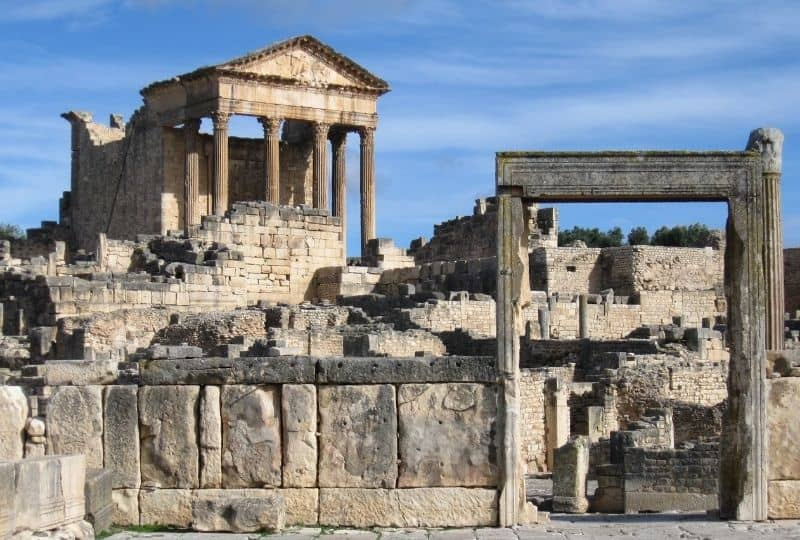
worldnomads.com 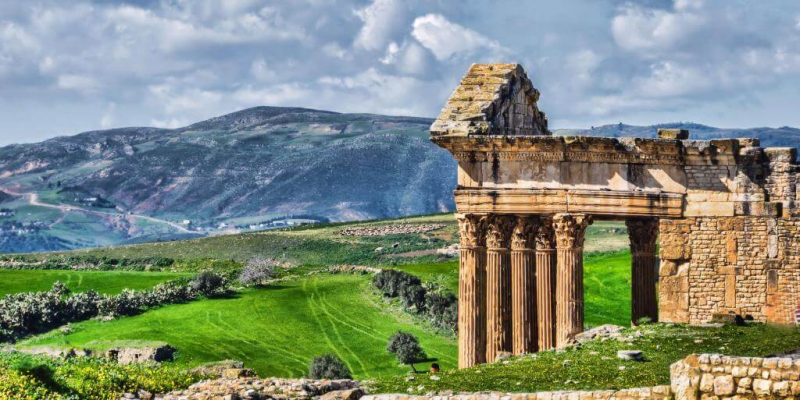
worldnomads.com -
For much of its postwar history, Tunisia stressed secular nationalism above Islam for much of its postwar history (President Bourguiba famously drank orange juice on national television during Ramadan). Islam remains a powerful cultural and political force in Tunisia, yet a certain stratum of Tunisians has embraced more secular lifestyles, and these several identities coexist uneasily. Tunisia's Revolution, which sparked the Arab Spring, began in December 2010 when a street vendor set himself on fire after being insulted by a municipal inspector. The incident became a trigger for protests against Ben Ali's secular, but corrupt, rule. Following the Revolution, Islamic lawmakers were elected; mosques reopened 24 hours a day, and conservative attire permeated the streets. At the same time, many women wear their heads uncovered; many Tunisians desire a secular government; and many feel connected, if hazily, to Europe.
Given the party's history, some ideological inconsistency might be expected. Only time will tell whether these divides are too wide to keep the movement unified – and Tunisia's budding democratic government unified.
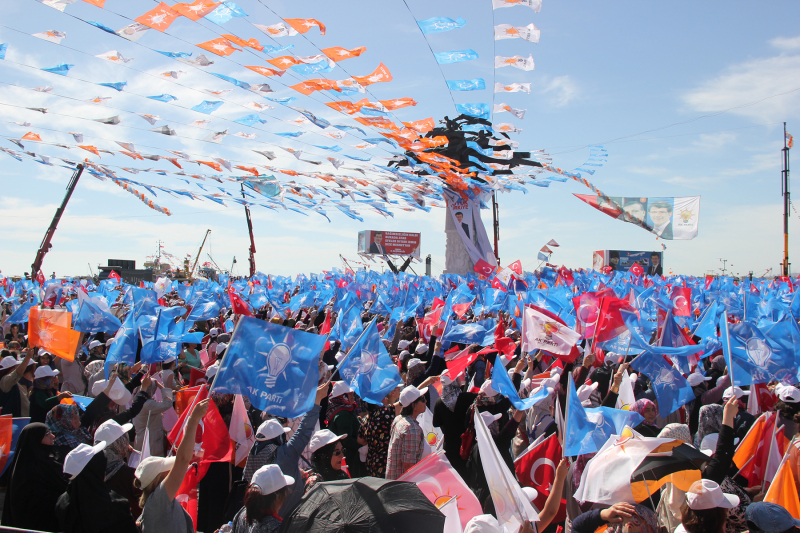
orientxxi.info 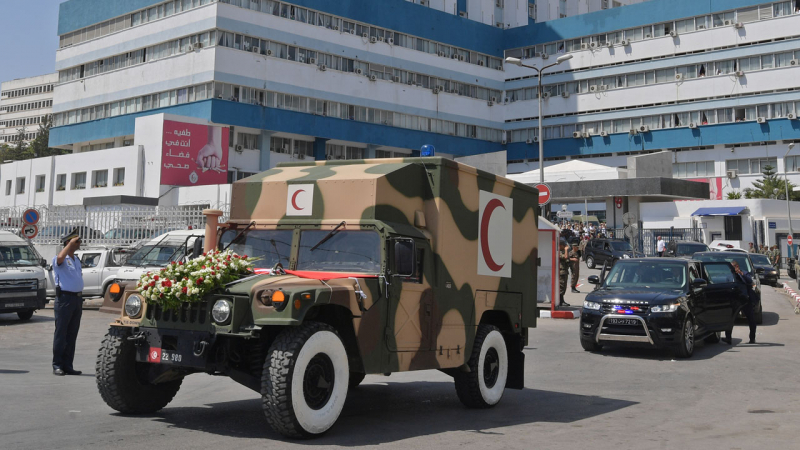
orientxxi.info -
There are some for males alone and those for both men and women. If you're a guy, an all-male maqhwa (café) may be a great spot to sit, smoke some sheesha, and make a half-dozen new pals. Tunisian ladies do not often patronize these establishments. The Théâtre de L'Étoile du Nord, which operates a theater and a coffee shop, is a better alternative and the favourite hangout for young Tunisian communists. Head to Ali's Cultural Cafe in the souq, where the rates are exorbitant (2.500 dinar – roughly $1.50 – for a mint tea), but the views are calm, or Foundouk El Attarine (found in the Souk des Parfumeurs) and Etoile de la Medina, both nestled in elegant secret courtyards.
The coffeehouse ritual also connects the spiritual and political. The faithful who do the fijr morning prayer frequently go out of the mosque and travel a few yards to a local cafe to speak with friends and neighbors and listen to news radio. This legacy aided the emergence of twentieth-century political action, serving as a springboard for Tunisia's nationalist struggle, which overcame the yoke of French rule.
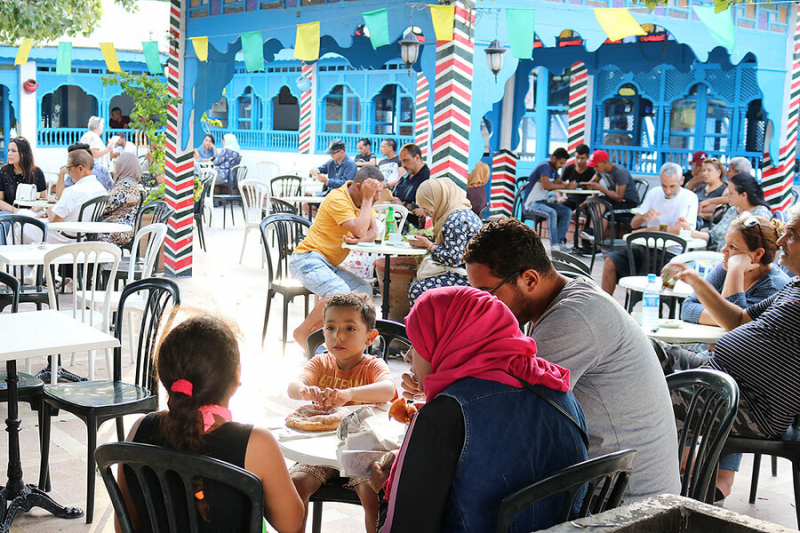
csmonitor.com 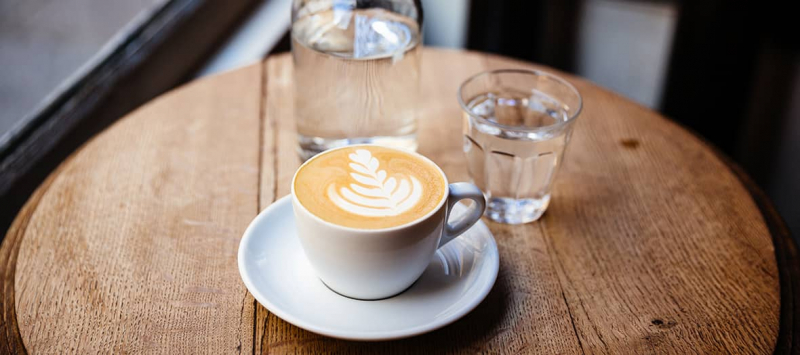
csmonitor.com -
Tunisians do not follow the Mediterranean diet, which is rich in almonds and yogurt and has resulted in a high incidence of heart disease. Bread is the foundation of a Tunisian dinner, and the rest of the table will be groaning under the weight of extra carbohydrates: macaroni with potatoes, couscous, deep-fried potatoes and peppers mixed into a paste called kefteji, and sandwiches loaded with French fries. Many restaurants in Tunis provide these classic meals with the gentle accuracy of home cooks. It has been proposed that the Mediterranean diet is based not only on the traditional dietary pattern, but also on the socio-cultural legacy, agro-ecological environment, and biodiversity from which these cuisines are generated. While vegetables remain an important part of a balanced diet, consumption of these nutrient-dense foods remains low.
Chou Chou near Le Passage serves mergez ojja (shakshuka on steroids) in clay bowls with three baguettes, while Cafe Maklaoui in the souq serves fried fish couscous with fava beans.
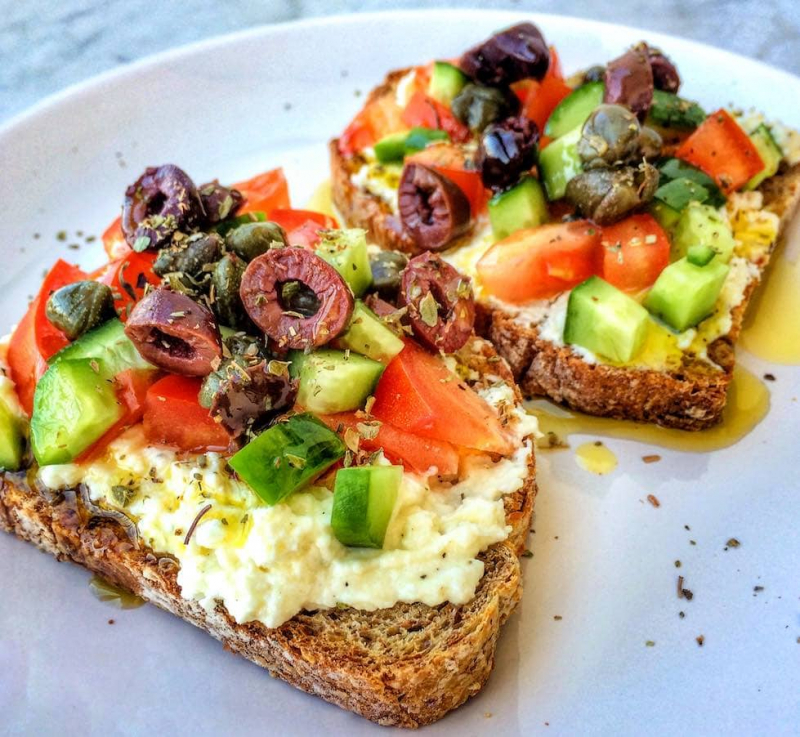
olivetomato.com 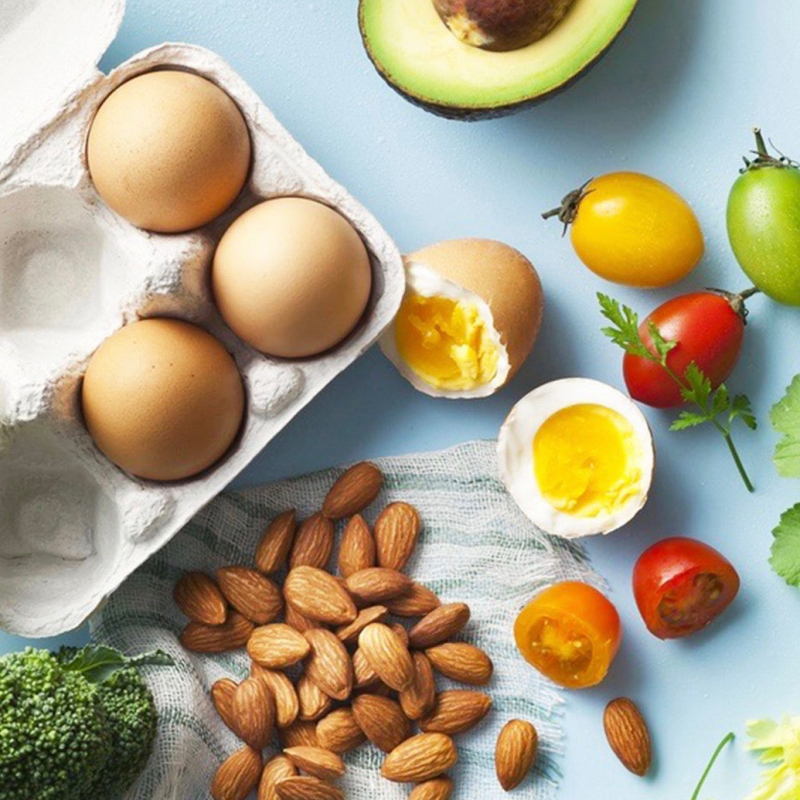
olivetomato.com -
Harissa is a hot chili paste prepared from red and serrano peppers, garlic, coriander, and caraway. Tunisians think that eating spicy cuisine is excellent for your health, yet it might be difficult on an unfamiliar digestive system. Most meals come with a little dish of harissa on the side, and every sandwich maker will smear harissa on the bread. Depending on your preferences and limitations, request schwaya (a little) or barsha (a lot).
One of the finest aspects of harissa is its adaptability. Use a little in a simple tomato sauce or to season a chicken breast or piece of fish. You may also let it dominate the meal-it's traditionally used to flavor couscous, which is especially nice if you enjoy the flavor of chilli but want something more complex. Dishes like this one-pot chicken and apricot pilaf benefit greatly from the depth of flavor provided by harissa, while this harissa and lemon baked fish with cous is a terrific example of how to utilize harissa in fish dishes.
If you like your cuisine spicy, you'll probably enjoy harissa, a hot pepper chilli paste. It has a more complex flavor than just chilli - it has a hot kick backed up by garlic and lemon, and it may be sweet or smokey.
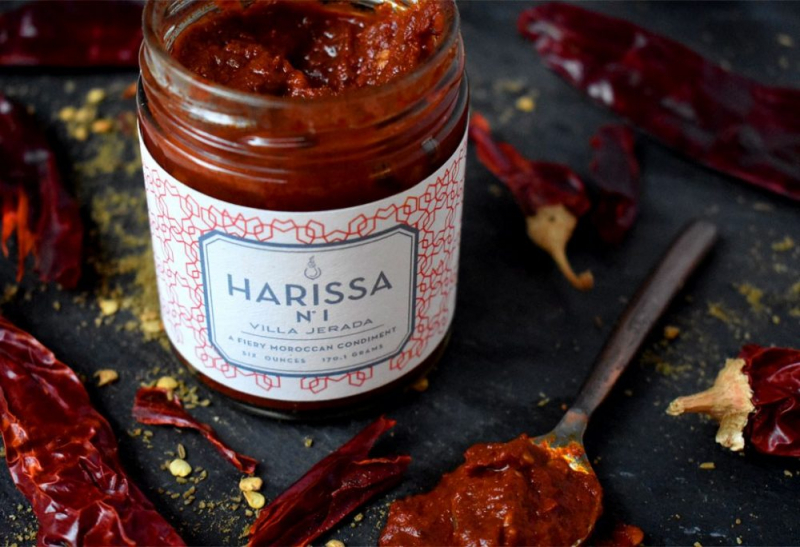
177milkstreet.com 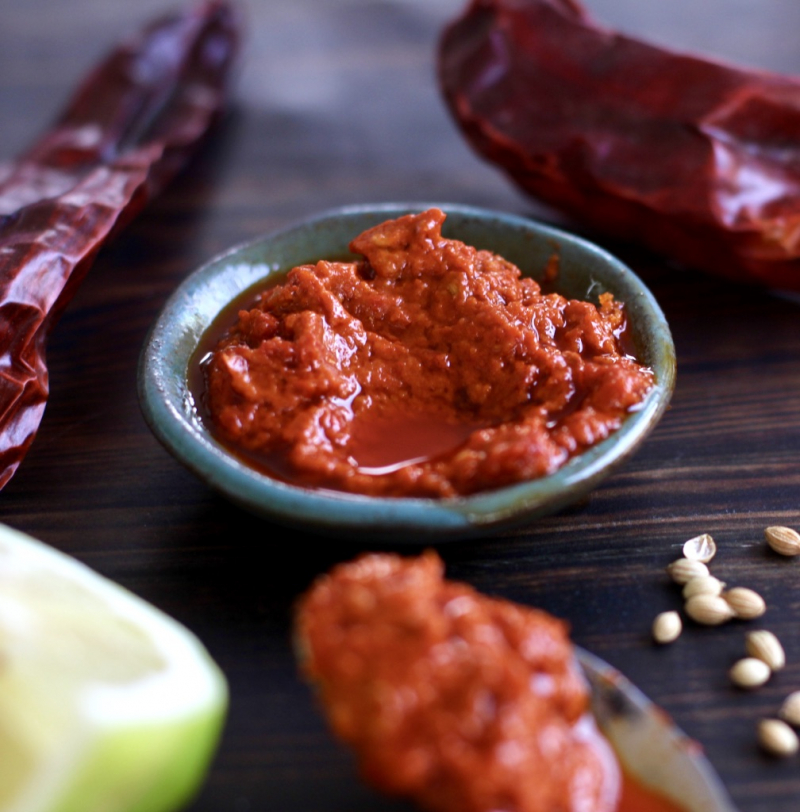
177milkstreet.com -
Baguettes is one of the Things About Tunisia You Should Know. France conquered Tunisia in 1881, and 150,000 colonists migrated there. French influence infiltrated Tunisian culture unavoidably (either by force or osmosis). You may still get by in Tunis with a few phrases of French, and going through particular areas, it's tough to overlook the legacy of French colonization. The wide boulevards and abundance of greenery frame the white Arabica building, a combination of neoclassical French design and traditional Arab construction, in the contemporary downtown. One of the greatest neighborhoods to observe these structures is La Fayette, near Passage.
When the bread is a few days old and a bit too rough for a sandwich, cut it into thin pieces and sprinkle it with olive oil and your favorite herb (basil or rosemary work well). Toast till golden brown on a baking sheet and serve as an appetizer or finger snack with store-bought tapenade, hummus, or pesto. Elegant on a budget.
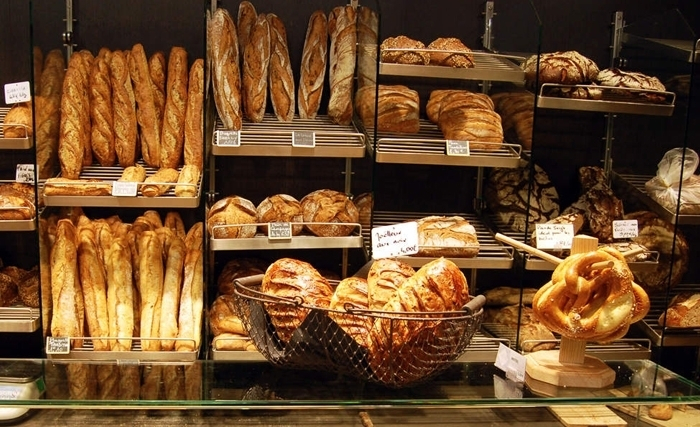
news-tunisia.tunisienumerique.com 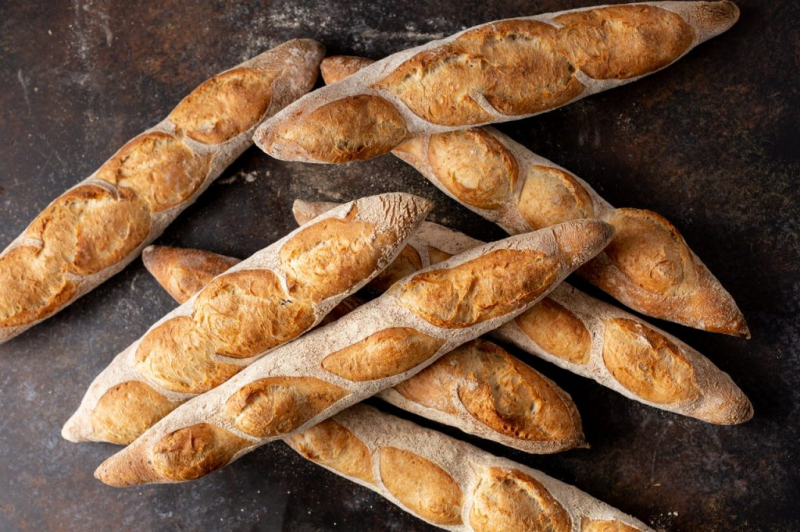
news-tunisia.tunisienumerique.com -
One of the most pleasurable things to do in Tunisia is go shopping. The souks are a cultural experience in and of itself, with the colors, textures, and fragrances overwhelming the senses. The old Medina of Tunis, in particular, is a must-see and one of Tunisia's top tourist attractions; stroll around the ancient, UNESCO-protected quarter's maze of alleyways to bargain for your goods and have a shisha and mint tea glasses.
Different parts of the nation specialize in different crafts, but Denden hamlet near Manouba, Tunis, is a wonderful location to start. You may meet a diverse selection of artisans who are presenting their work. Another alternative is to go to the souks and observe the merchants' aggressive sales practices. It's also an excellent spot to acquire mementos if you don't want to haggle (though don't rule it out; it's a lot of fun if you get used to the banter and back-and-forth).
Prepare to have fun bargaining once you've become acquainted with the costs. Hone your bargaining talents, and you'll discover that you can score some fantastic deals. In general, your money will go a long way in Tunisia.
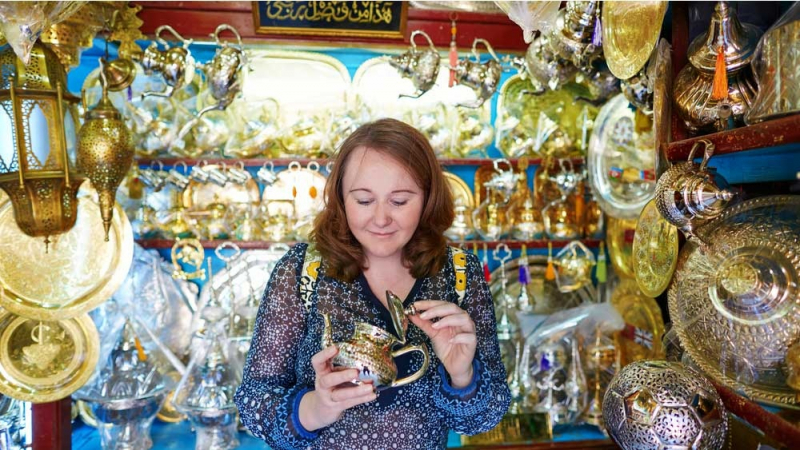
ctvnews.ca 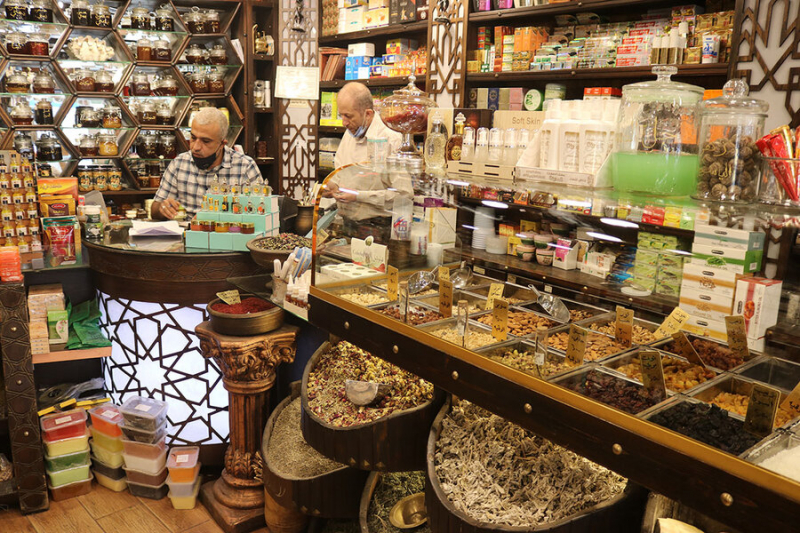
ctvnews.ca -
You can shed your skin, which is one of the Things About Tunisia You Should Know. There are candy-red and black-striped doors that mark local hammams in the old medina's meandering streets (public bathhouses). Stay away if you are bothered by steam, semi-nudity, or the sensation of your own dead skin peeling off your body. Alternatively, get an exfoliating glove and a bar of soap and follow the folks dragging bags down the street to the nearest hammam.
Hammams are single-sex establishments that serve men and women at various times – yet both men and women should remove everything but their underpants. When you enter, you will be given two plastic buckets. To prepare your skin, sit in the steam chamber for as long as you can stand it. A Hammam madame (or monsieur) will scrub down your body as you stare in awe at the oily, black worms of dead skin that are sloughed off.
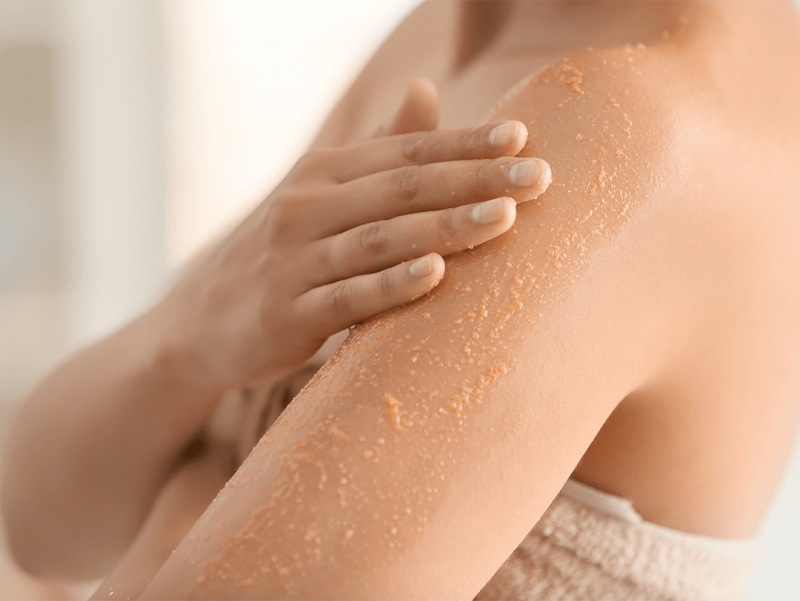
ipsy.com 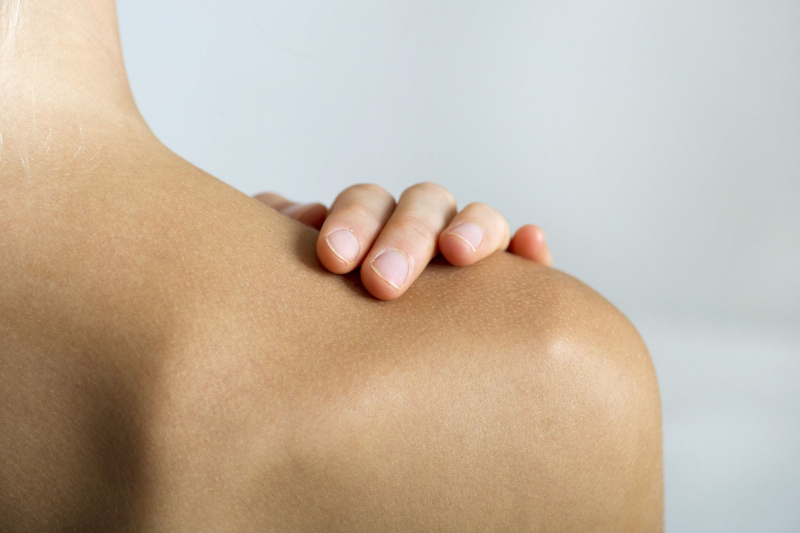
ipsy.com -
Tunisian cuisine is best defined as a fusion of Mediterranean and local Punic-Berber cuisines, which is one of the Things About Tunisia You Should Know. Tunisian cuisine, like that of many other Mediterranean nations, is strongly dependent on fish, meat, olive oil, tomatoes, and a variety of spices such as cumin, caraway, coriander, and paprika.
Few people are indifferent about tuna fish or eggs, the two jewels of Tunisia's culinary crown, and visiting Tunis will be a more delightful experience if you adore them as much as Tunisians do. The plat tunisien is the perfect way to try this combination: a shallow dish is filled with grilled vegetable salad, preserved lemons, harissa, sliced cucumbers, and topped with a poached egg and completed with tuna fish. Or try a brick a l'oeuf, which is the closest thing to a dumpling you'll find. A thin sheet of dough is packed with parsley, tuna fish, potatoes, and a raw egg before being deep fried and served with lemon.
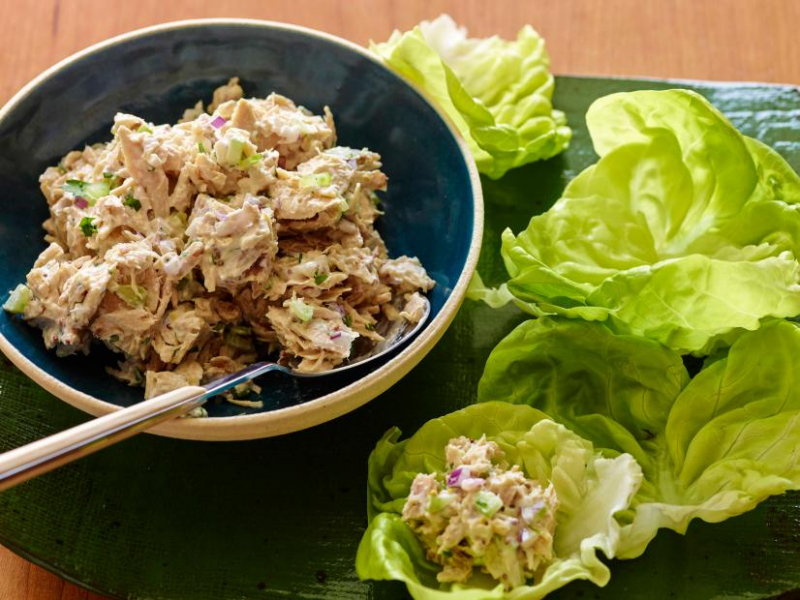
enarahealth.com 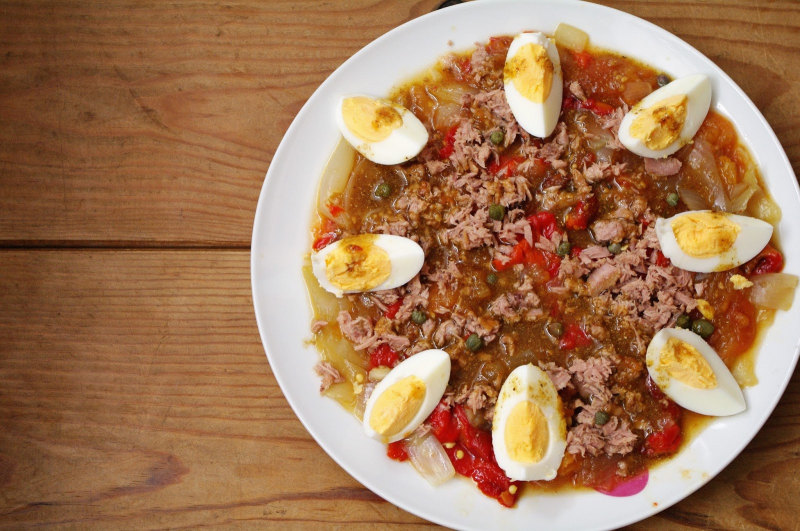
enarahealth.com -
Tunis has had a sizable Christian and Jewish population for most of its history. There are just a few hundred Tunisian Jews left in the city (the majority have gone to France or Israel), and even fewer Tunisian Christians, yet their cultural contributions continue. La Grande Synagogue de Tunis is located on Avenue de la Liberté and is guarded by many police officers and an imposing length of barbed wire. The synagogue is open for Shabbat services, but if you are Jewish, they should be able to open the doors for you to worship anytime you choose.
A massive fig tree shades the largest Greek Orthodox Church in Africa a few blocks down. The Cathedral de St. Vincent de Paul, a Catholic landmark erected by the French, is just across the block on Avenue Habib Bourguiba. The nuns are Italian and Egyptian, and the majority of the patrons are West African and European; Sunday services are offered in Italian, French, and English.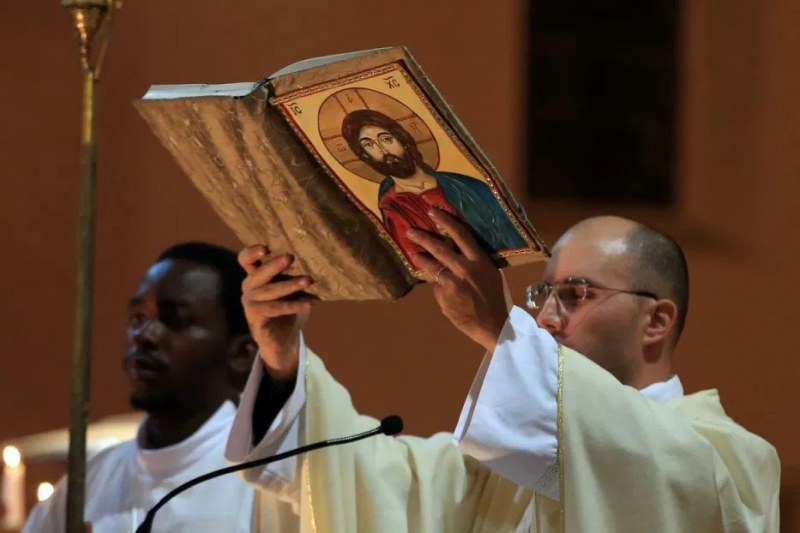
nytimes.com 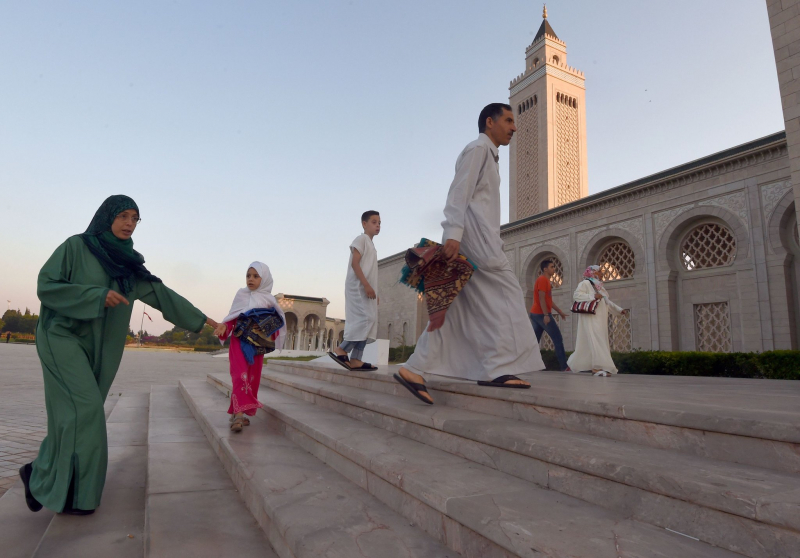
nytimes.com -
Tunisia's nightlife is hard to find, that is one of the Things About Tunisia You Should Know. There are a few places downtown that offer Celtia, Tunis, the country's indigenous beer, although these, like the cafés, usually appeal to males who may be misled by the presence of a woman. If you don't care about that and like to deviate from cultural standards, go to the Cafe des Journalistes (Avenue Habib Bourguiba), which, as far as I could determine, contained no journalists.
Otherwise, the young and beautiful drink imported Heineken at Villa 78, an overgrown garden with glittering fairy lights – and complimentary nibbles. Alternatively, take the elevator to the top floor of the Hotel El Hana for panoramic views of Tunis. For dancing and drinking, travel to the suburbs, such as La Marsa, La Goulette, and Sidi Bou Said, where nightclubs and pubs such as Le Plug and Carpe Diem can be found. Most clubs close around 2 a.m.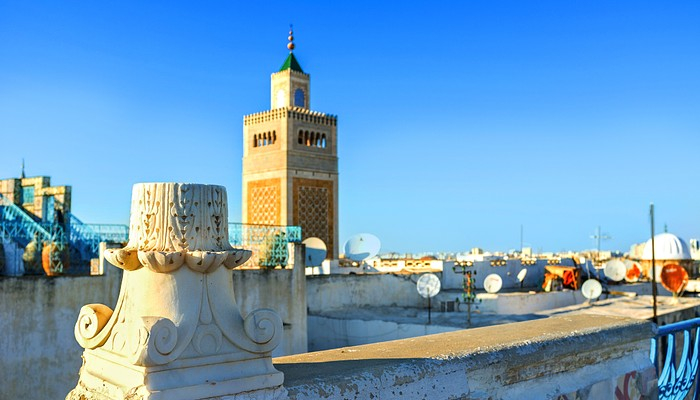
flickr.com 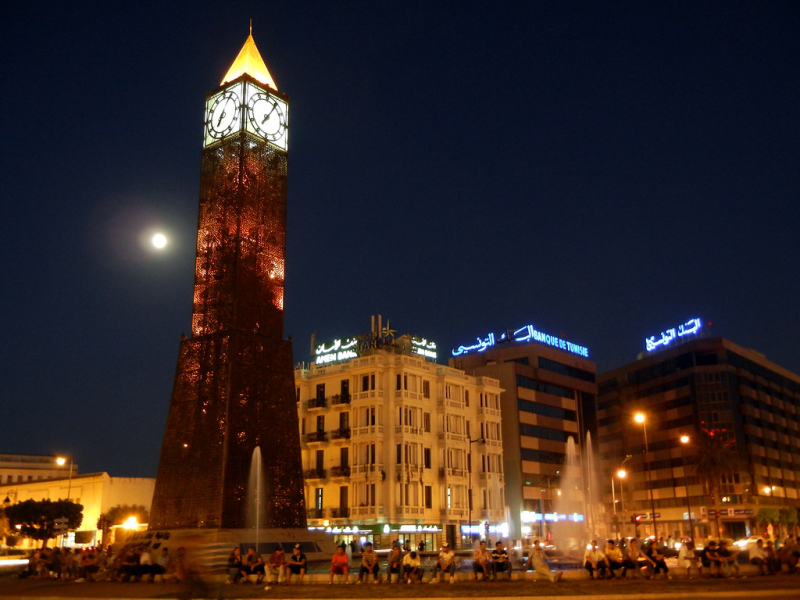
flickr.com -
Drug laws are one of the Things About Tunisia You Should Know. Drug regulations are strict, and even a tiny amount of marijuana is punishable by up to five years in prison (and you do not want to go to Tunisian prison). Alcohol is available at certain taverns, hotel lobbies, and restaurants (especially in the suburbs), but many venues cease selling beverages before midnight. Beer and wine may be purchased from big supermarket chains such as Carrefour and Monoprix by anybody (though on Fridays, alcohol is only sold from these stores in the suburbs, and you must show ID to prove you are not Muslim). It should be noted that being drunk in public is neither socially acceptable nor necessarily safe.
The coercive nature of drug legislation is exacerbated by the abuses that typically follow criminal arrests in general. Tunisia's criminal process statute allows police considerable authority to arrest anyone without reasonable suspicion of wrongdoing. Suspects who are arrested have no recourse to a lawyer for the first six days they are detained before being brought before a judge. Detainees are particularly vulnerable to maltreatment by law enforcement officials during this first period since they cannot receive visits from family members or a lawyer, even during police interrogation.
theaplawgroup.com 
theaplawgroup.com -
Walking is the ideal method to move around Tunis. However, keep in mind that pedestrians do not have the right of way and should be maneuvered as if you were a giant vehicle. Other kinds of transportation are not always as simple. The Métro Léger de Tunis light-rail transport system features 66 stops spread around the city and six bright-green train lines. There is no set schedule, and you will be squeezed in with the rest of Tunisia's commuters at peak hours. The metro is not very extensive, and certain areas of the city are only accessible by cab.
Look for the red (not green!) blinking light on the dashboard to hail a cab. It's helpful to have a few MBs of data on your phone; most taxis don't have GPS, so you can wind yourself going about in circles. Make sure you urge the driver to use the meter — a trip across town with no traffic should not cost more than 10 dinar.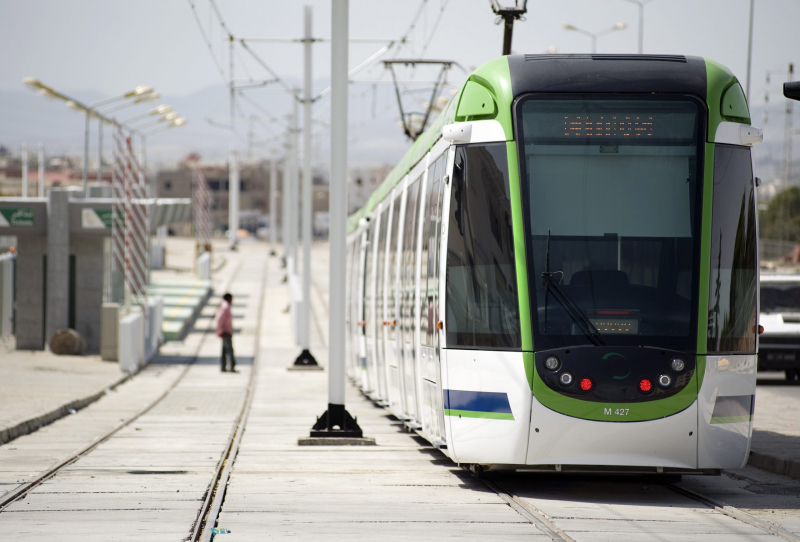
flickr.com 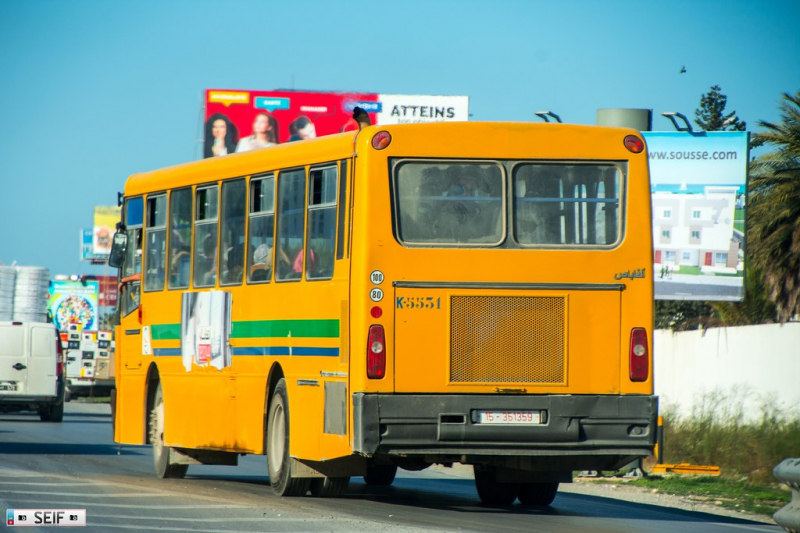
flickr.com

















